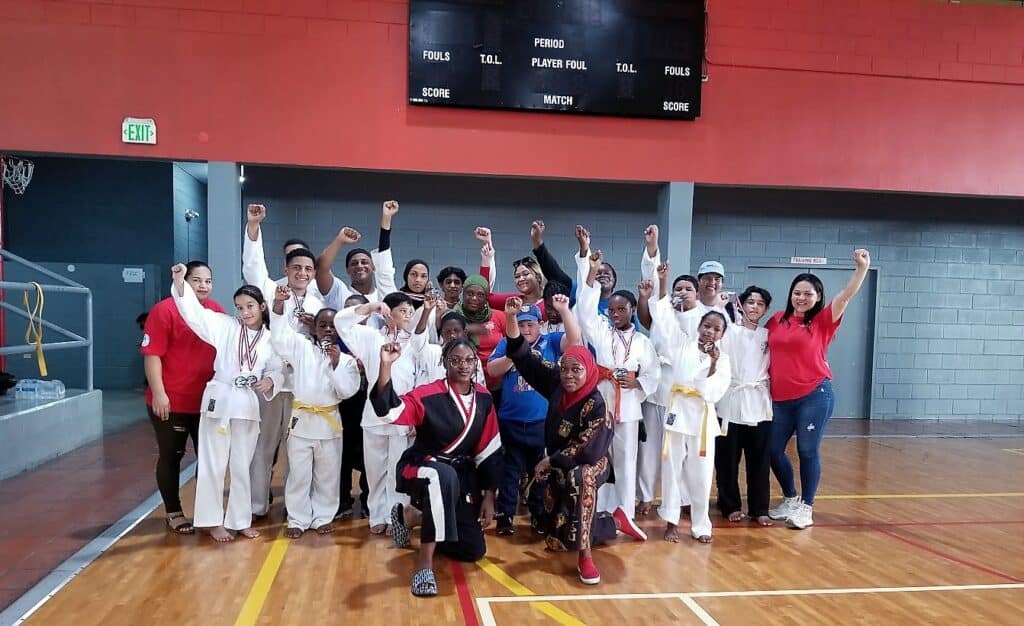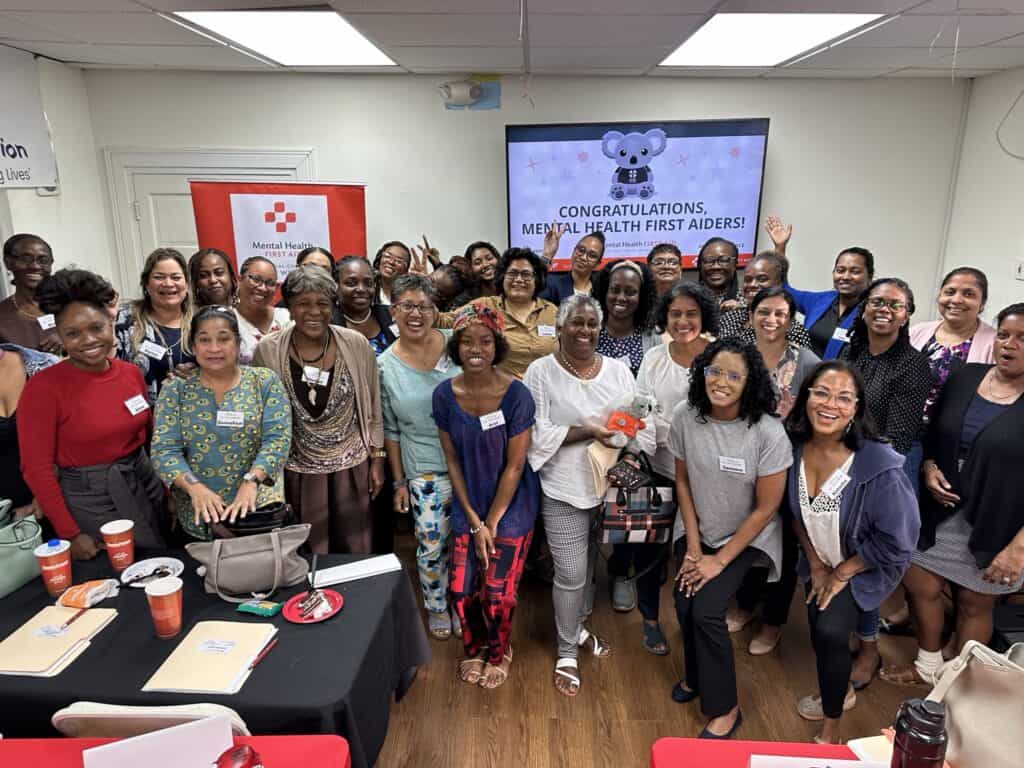
CSO Spotlight: Carbon Zero Institute of Trinidad and Tobago
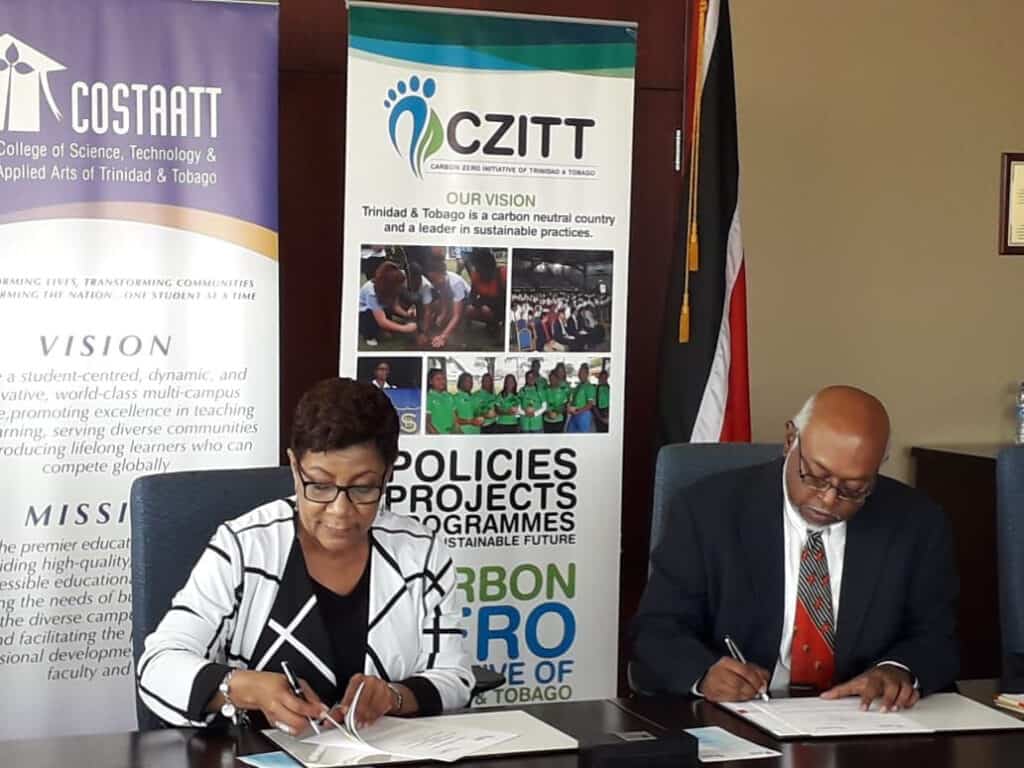
Name of Organisation
Carbon Zero Institute of Trinidad and Tobago
How can people find you? (website, social media links etc)
https://czitt.com
https://czitt-ed.org
Facebook; Instagram – @carbonzerott

How was your organisation formed?
Our founder, Mr Donald Baldeosingh has had a long career in energy. Many years ago, he recognised the need for Trinidad and Tobago to decarbonise and started initiatives in this direction from as early as 2000. Following the Paris Agreement of 2015, Mr Baldeosingh reached into his network for feedback on the idea of a non-profit promoting awareness and action on climate change. He received positive responses from school principals, industry leaders and social workers, and decided to incorporate Carbon Zero Initiative of Trinidad and Tobago, CZITT. After an incredible four years, in 2020 the CZITT Advisory Committee felt that the organisation had graduated from an initiative. Hence, the name was changed to Carbon Zero Institute of Trinidad and Tobago, maintaining the acronym, CZITT.
What area(s) of interest does your organisation have? What does your organisation do for your stakeholders? What problems do you aim to solve for them?
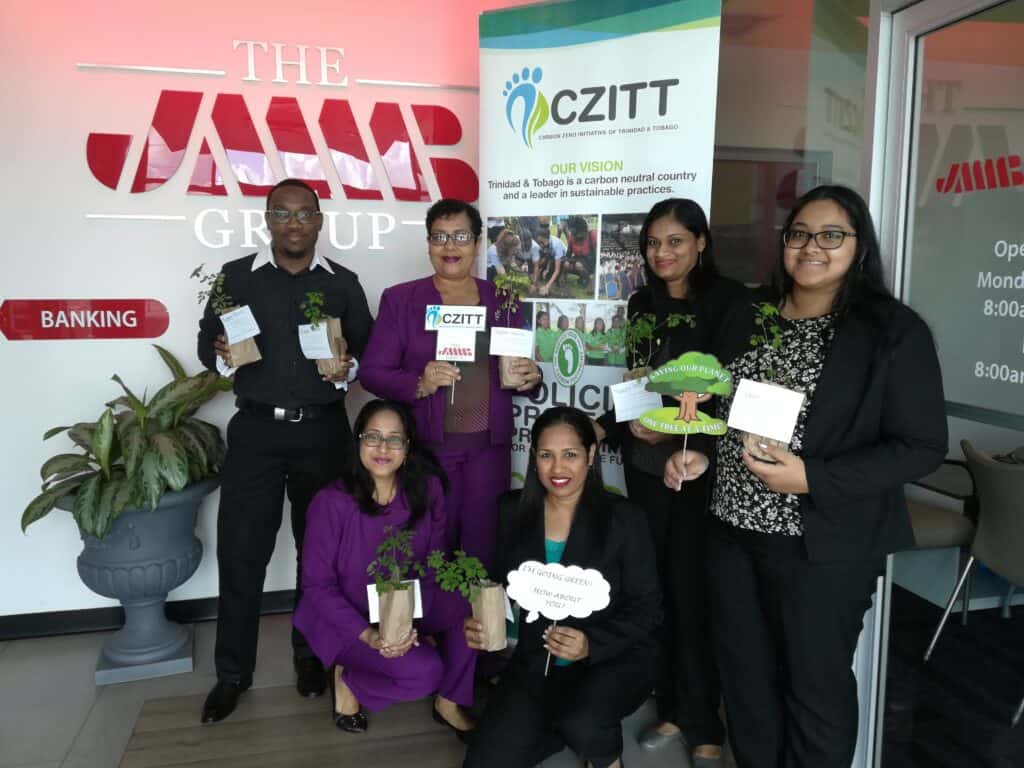
CZITT is focused on reducing carbon emissions and sustainability. We promote awareness and action in the fight against climate change. CZITT works with Schools, Business and Community Organisations in measuring and reducing carbon, and creating carbon offsets. CZITT conducts workshops called Climate Change Workshops for (CCW4) Industry/Farmers/Teachers, carries out carbon audits and carbon reduction programmes for various organisations. CZITT creates carbon offsets through tree planting and promotes sustainable agriculture. The organisation created an e-learning platform (https://czitt-ed.org) as a Covid response to support students who were stranded at home. It is built on the concept of Education for Sustainable Development. CZITT’s stakeholders are schools, social organisations, businesses, communities and all residents of Trinidad and Tobago. CZITT works with various sectors to promote greater understanding of the causes and effects of climate change in their situation and to develop solutions that reduce carbon and increase sustainability.
What was your most challenging experience/ project? How did you get through it? What made you stick with it to the end?
Developing the e-learning platform in time for school exams in 2020 was the greatest challenge. CZITT kept focused on the hard deadline and pulled out all the stops to develop a procedure, enlist a combination of volunteers and employees, secure funding, learn about e-learning and build and deploy the platform. This all happened in the space of three months. The CZITT leadership was motivated by the huge disaster that would accompany the loss of educational opportunity for Caribbean students, as well as the once in a lifetime chance to promote sustainability.
What is the coolest thing you’ve achieved/ project you’ve been a part of or executed? What benefits did it deliver? What change did it cause, create, or enable?

The National Secondary Schools Climate Quiz. This was designed and created by CZITT as another form of engagement with secondary school students. It exposed them to climate science, international actions, local impacts and actions, as well as solutions. The responses of the thousands of students who became involved and their energy and passion to be part of the solution was incredible and motivating. CZITT carried out multiple baseline studies, an impact study after Season I of the quiz and has tracked some of the students who took part and seen how the quiz assisted in their studies and career.
Developing the e-learning platform in time for school exams in 2020 was the greatest challenge. CZITT kept focused on the hard deadline and pulled out all the stops to develop a procedure, enlist a combination of volunteers and employees, secure funding, learn about e-learning and build and deploy the platform. This all happened in the space of three months. The CZITT leadership was motivated by the huge disaster that would accompany the loss of educational opportunity for Caribbean students, as well as the once in a lifetime chance to promote sustainability.
Do you have anything else you’d like to add? What should people know about your organisation? Do you have any tips or advice you’d like to share?
CZITT does not wait around, hoping to see things happen. It sets out with a statement of high-level goals and objectives and starts filling out the process to get there. Often, CZITT is energized by a belief and value system and has achieved things which often surprises the dedicated people working with them. Our message therefore is talk little, act a lot.
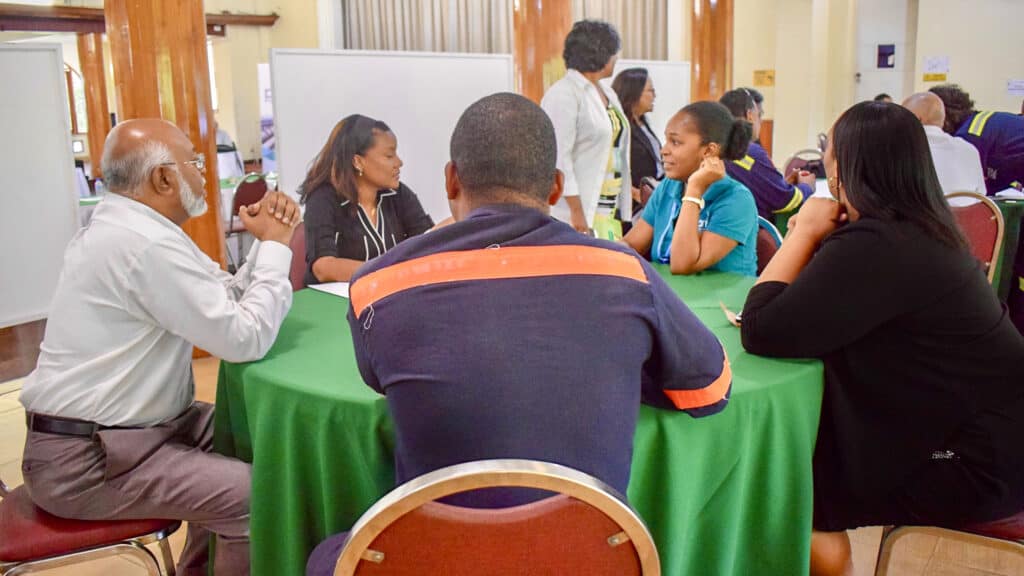
In a perfect world where you have all the resources necessary, what would your dream project be and what would want it to achieve.
We would have a sustainable, funded, highly sought after organisation, collaborating to fill the gaps needed in climate action. We would apply modern technology to solving practical problems, demonstrating measured results. Our dream project involves the application of artificial intelligence tools to assist persons in different sectors, in understanding specific impacts of climate change on their situation and offering advice on possible actions.
Are there any upcoming events, good news, or announcements you’d like to share with readers?
CZITT is starting a series of mentoring/internships for university students and graduates, leading to their special academic projects in the areas of sustainable agriculture, energy transition, e-learning and AI/ChatGPT. Applications are open.


